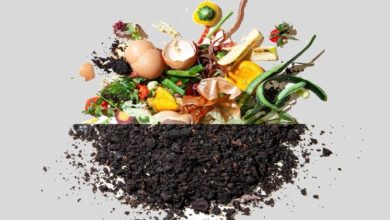Pregnancy Cravings: All You Need To Know

Pregnancy cravings are common and often a source of curiosity and amusement for expectant mothers and those around them. While the exact cause of pregnancy cravings is not fully understood, hormonal changes, nutritional needs, and psychological factors may contribute to these desires. Here’s what you need to know about pregnancy cravings.
Common Occurrence:
Pregnancy cravings are widespread and can vary widely from person to person. They can involve a desire for specific foods, flavors, textures, or even non-food items (a phenomenon known as pica).
Timing and Duration:
Cravings may start early in pregnancy and can occur at any time, though they are often reported more frequently during the first and second trimesters.
Possible Causes:
- Hormonal Changes: Fluctuations in hormones, such as estrogen and progesterone, may influence taste and smell preferences.
- Nutritional Needs: Cravings may be the body’s way of signaling specific nutritional needs or deficiencies.
- Psychological Factors: Emotional and psychological factors, stress, and cultural influences can contribute to cravings.
Types of Cravings:
Cravings can range from healthy foods to less nutritious choices. Common cravings include sweets, salty snacks, fruits, pickles, ice cream, and various savory items.
Food Aversions:
Some pregnant individuals may also experience aversions to certain foods or smells, which can be strong dislikes that they did not have before pregnancy.
Managing Cravings:
It’s generally okay to indulge in cravings in moderation, but it’s essential to maintain a balanced and nutritious diet overall. For intense cravings, consider healthier alternatives or find ways to incorporate the desired flavors into balanced meals.
Hydration:
Sometimes, the body may misinterpret signals for thirst as cravings. Staying hydrated can help manage cravings.
Discuss with Healthcare Provider:
While most cravings are harmless, extreme cravings or aversions should be discussed with the best gynecologist in lahore especially if they impact the overall nutritional intake.
Gestational Diabetes:
Some pregnant individuals may crave sugary foods, but it’s crucial to be mindful of sugar intake, especially in cases of gestational diabetes.
Postpartum Cravings:
Cravings may continue into the postpartum period. It’s essential to focus on a balanced diet while adjusting to the nutritional needs of breastfeeding.
When to Seek Help:
Excessive Weight Gain or Loss: If cravings lead to excessive weight gain or loss, it’s important to consult with a healthcare provider.
Nutritional Concerns: If cravings lead to a diet lacking essential nutrients, it’s important to address potential nutritional deficiencies.
Conclusion:
Pregnancy cravings are a normal part of the experience for many individuals. While satisfying cravings in moderation is generally acceptable, it’s crucial to maintain a balanced and nutritious diet to support the health of both the expectant mother and the developing baby. If there are concerns about cravings or nutritional intake, it’s advisable to consult with a best gynecologist in karachi for personalized guidance and recommendations.





